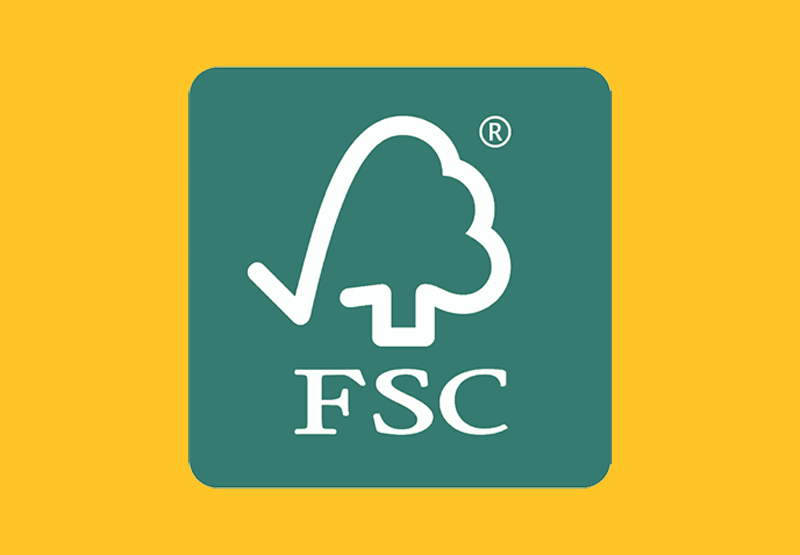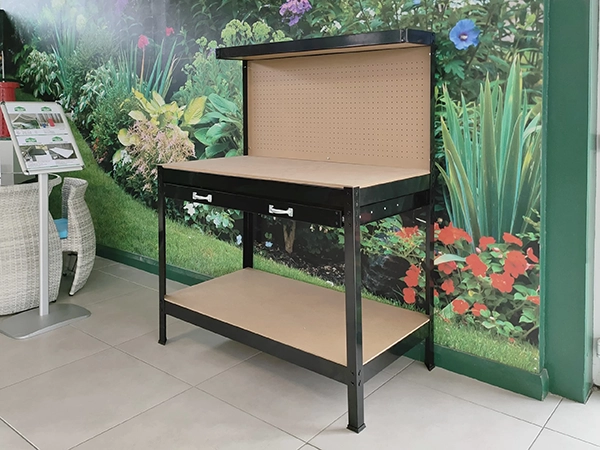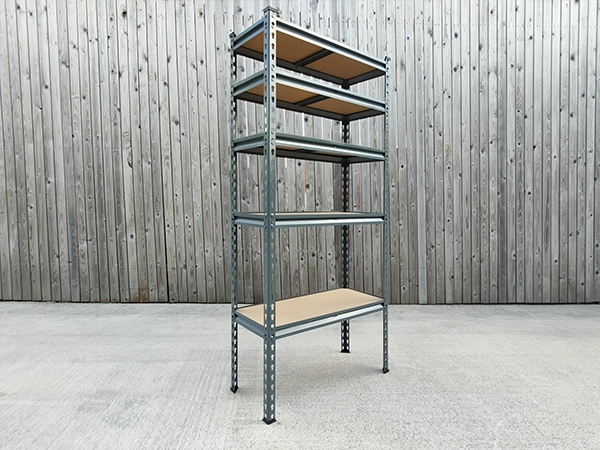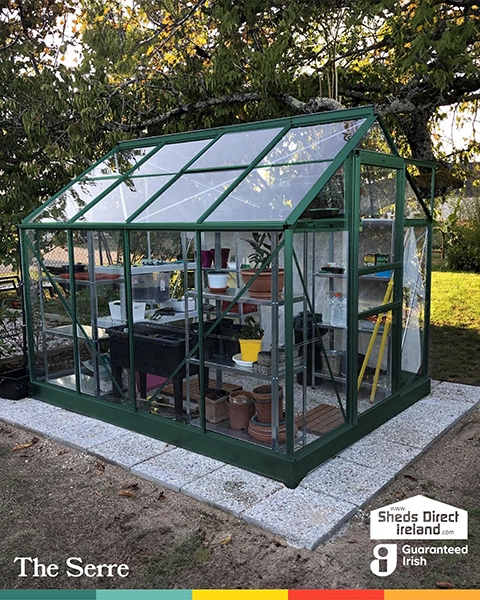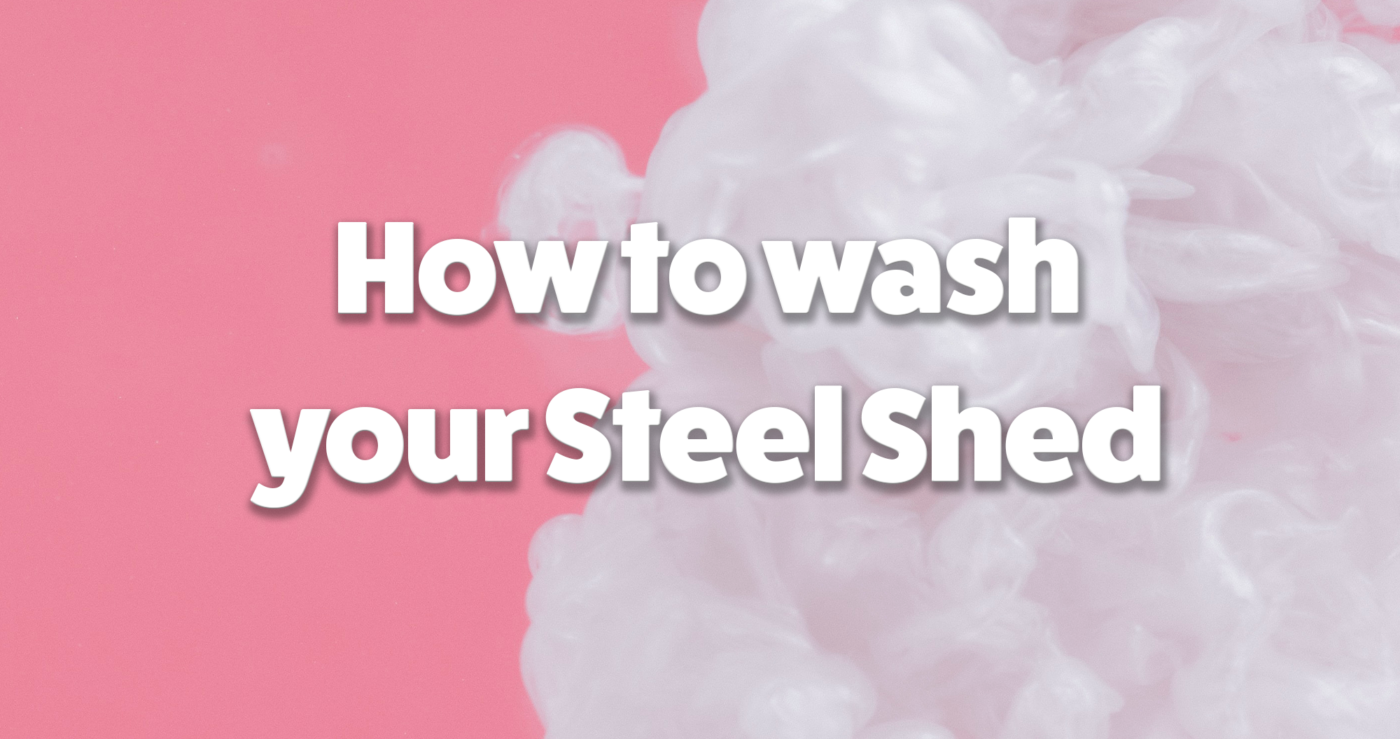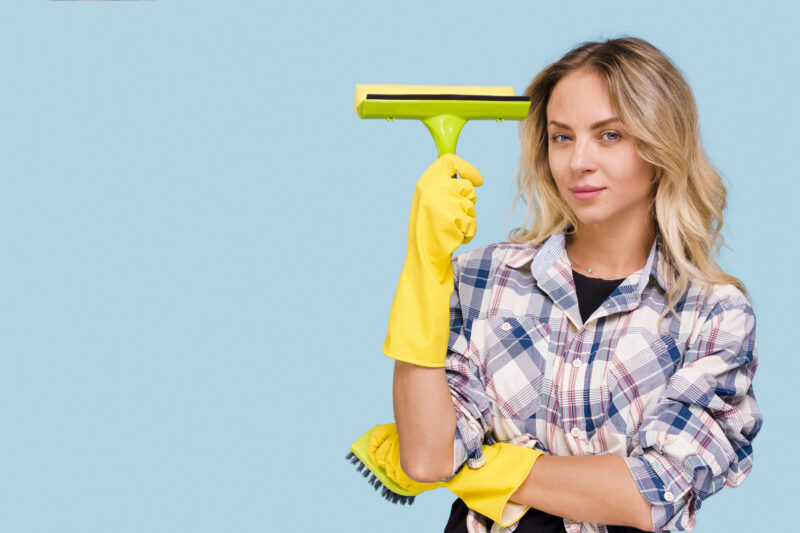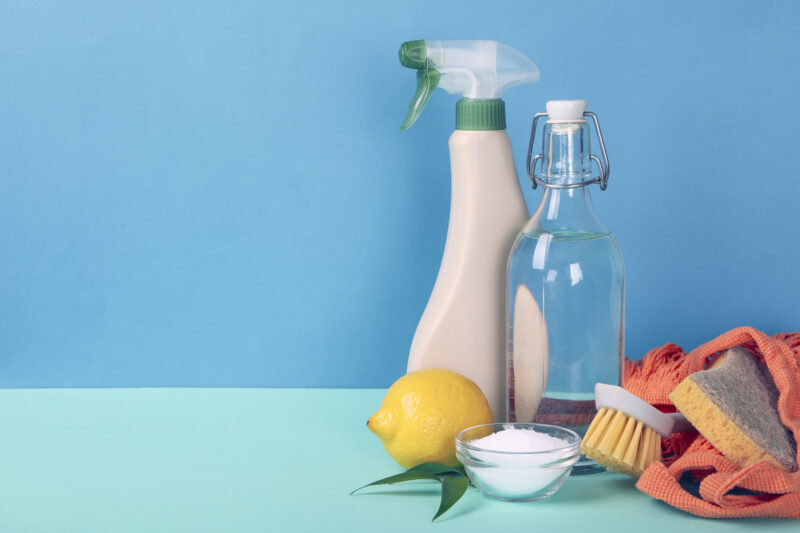How To
How to wash your Steel Shed
How to wash your Steel Shed
Steel sheds don’t require much upkeep, in a sense, they look after themselves. However, if you’ve been blessed by a passing flock of pigeons, you might want to give it a bit of a scrub. Before you go all Mrs. Hinch though, you should be aware that while Galvanised Steel Sheds are built to withstand Irish weather, they might not be able to handle the harsh chemicals inside a bright pink bottle.
Today we’ll look at the best way to keep your shed spick-and-span without causing long term problems for you or the contents of your shed.
Keep it simple
A simple lukewarm, diluted soapy water mix is all you need to clean almost any steel shed. One teaspoons worth of dish soap in a full bucket of water is an ideal mix. This’ll clean without causing any issue to your shed. Get the elbows warmed up and scrub on with this and you’re onto a winner.
DON’T use harsh chemicals
There’s no need to get the heavy duty stuff involved. Harsh cleaners may have intense pH levels that can damage your shed. According to the team at WikiHow, some industrial cleaners with have an alkaline pH of more than 12 to 13 and these can strip or begin to dissolve galvanised steel. As previously mentioned, soapy water or a teaspoon of detergent in a bucket of water is enough to clean your steel shed.
Don’t use Vinegar
Vinegar is great for chips, it’s fantastic on cod and sure, it’ll clean up certain substances – but on steel it can be a nightmare. A lot of blogs will recommend it for the cleaning of well, nearly anything, however, vinegar has a pH of 2-3, so it’s pretty acidic and should be used cautiously.
While vinegar will remove stubborn stains, it can lead to long-term structural damage if it’s not totally removed from the steel. In fact, there are videos showing how vinegar can be used to rust metal, guides on how to speed up rusting with vinegar and others reporting that in as little as 4 hours, white vinegar will begin to break down galvanised metals.
Experts recommend that there are only two times that you should be applying vinegar to steel:
One is when you’re preparing to paint it with rust preventative paints, the other is when it has already rusted heavily. Suffice to say, if you don’t know what you’re doing with vinegar and steel, it’s best to leave it well enough alone.
Lemons
Despite what every sock-dodging hippy tells you, natural isn’t always best. Lemons are as acidic as vinegar and while most people will dilute them in copious amounts of water, it doesn’t add any benefit to cleaning a shed over a simple soapy mix.
Pressure Washing is a gamble
Speaking of Lemons, don’t go stripping your shed with a jet stream that’d slice the arm off an elephant, you lemon.
Pressure washing is great for concrete, paving slabs and other hard, solid substances. Galvanised steel with robust and rugged, is liable to long-term damage from power washing if done incorrectly. At a low level, you should have little issues with pressure washing, provided that the nozzle is at least two feet away from the shed itself, however there are some things that shouldn’t be touched with it.
You should not pressure wash budget woodgrain sheds or any of the sheds’ gutters/outlet spouts. It should be obvious enough, but if you’ve wired up your shed, it should obviously not be pressured washed, either.
It’s worth noting that a high-power, pressure washers can literally cut through steel. Some industrial powered ones have a PSI of 40,000 which can slice you up, let alone your shed. So if you are considering using a pressure washer, make sure that you’ve got one that’s not powerful enough to perforate, scar or damage your shed.
However the most likely issue that you’d encounter with pressure washing is that it’ll introduce water to areas that you can’t get to by hand.
Put down the bristle brush
Bristle brushes will remove stains, but they’ll most likely remove a coating of galvanisation too. These prickly pieces are fine to use on wooden sheds but on steel sheds – and particularly on woodgrain sheds, they’ll cause nothing but grief. A basic cloth should suffice with any elbow-grease cleaning requirement that you might have.
Top Tip: If you wouldn’t rub it across your face, you should rub it against your shed.
Regular basic cleans are better than infrequent intense ones
A brief, once-every-three-months clean is usually enough to keep your shed from warranting a full re-work. This is one of the reasons that we recommend not putting your shed against a wall. Get in and around it, give the gutters a quick clean out, clean the panels (inside and out) with a damp cloth
Conclusion
If you read nothing else read this:
Only use a gentle, diluted soapy mix and a soft cloth to wash your shed. Remember to dry it fully and don’t use harsh chemicals at any point – and for jaysis sake there’s no need to power wash it.




